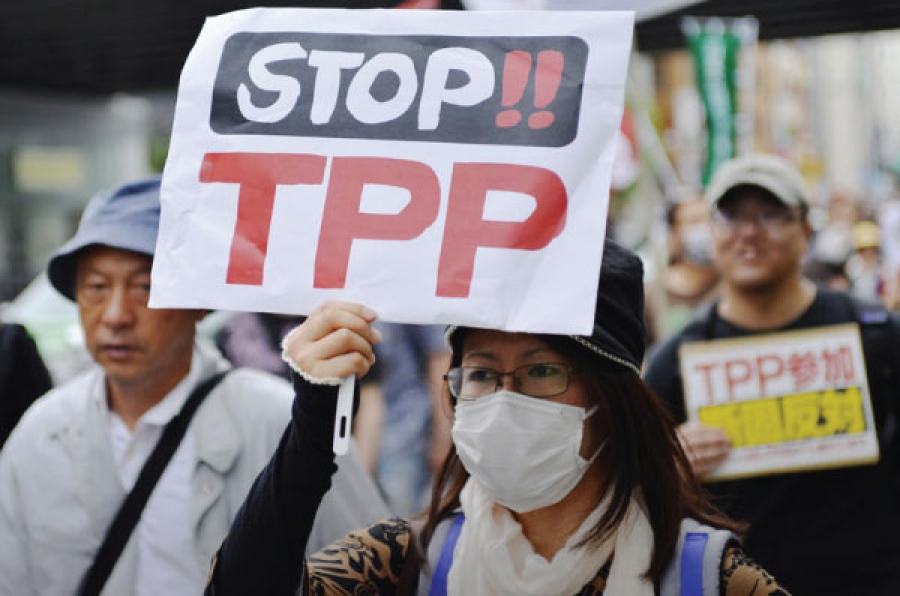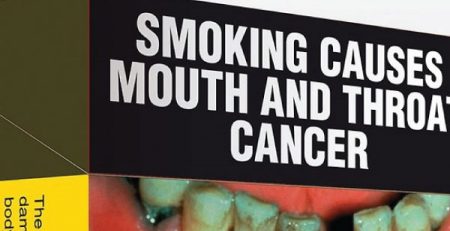Miracle Grand Convention Hotel, Bangkok, Room: Executive, the 4th Floor
Press Release: Tobacco Control Research and Knowledge Management Center (TRC) Venue: Miracle Grand Convention Hotel, Bangkok, Room: Executive, the 4th Floor
Should Thailand Participate in The Trans – Pacific Strategic Economic Partnership Agreement: TPP
Dr. Hatai Chitanond, the president of the Thailand Health Promotion Institute, the National Health Foundation, and Past President of the Parties of the Framework Convention on Tobacco Control, World Health Organization (2550-2551), said that when President Obama visited Thailand in November 2012, one newspaper reported: The Ministry of Commerce said about the negotiation between Thailand and the U.S. on November 18 that the U.S. has invited Thailand to participate in the Trans-Pacific Strategic Economic Partnership Agreement (TPP) to which Miss Yingluck expressed an interest.
Dr. Hatai said that this is a troublesome issue which Thais must carefully study for more details since such an agreement could damage the country. The TPP was established in 2005 and continually expanded to various countries. However, the content of the TPP has been kept secret and even specialists in this field are not able to review and clearly understand its content.
On the occasion that the Tobacco Control Research and Knowledge Management Center (TRC) supported by the Thai Health Promotion Foundation (ThaiHealth) hold their annual academic conference, The National Conference on Tobacco or Health 2013, it is a good opportunity for participants know of this issue through understanding the true content of the TTP by inviting the worlds leading academic scholars to educate us on this important issue. Thus, Thai academic staff can gain and apply this knowledge in their further policy work. The international specialist who presented information to the Conference was Prof. Dr. Benn McGrady, the director of the Initiative on Trade Investment and Health, the O’Neill Institute for National and Global Health Law, Georgetown University, Washington DC, USA.
Prof. Dr. McGrady said that the risk in participating in the TPP can be classified into 2 main areas which are: (1) Free trade with tax reduction allows products from international countries to be fully competitive without barriers, and (2) there are limitations on countries establishing regulations for their health or other interests, missing sovereign freedom to enact regulations. Thus, free trade will increase the number of cigarette smokers because of more competitors in the market, lower cigarette prices, and also having market strategies of cigarette companies which focus on children and women. The TPP includes provisions that limit the right to issue national regulations of the country, including regulations preventing international investment in tobacco and tobacco products. These regulations consist of contents which contain more restrictive regulations than those of the World Trade Organization (WTO) and member countries of WTO would have to follow these new provisions in the agreement on patents and intellectual property rights relevant to free trade (TRIPs: The Agreement on Trade-Related Aspects of Intellectual Property Rights). Moreover, the TPP also contains TRIPS Plus which has even more restrictive provisions than TRIPS of the WTO.
The U.S. indicated that the TPP will offer specific exceptions on tobacco. However, the details of this issue have not been revealed and it is suspected that this exception may be so weak as to undermine various measures in the WHO Framework Convention on Tobacco Control.
Prof. Dr. Benn McGrady said in the conclusion that if Thailand becomes a member of the TPP, it could be too late for Thailand to express its interests since the main issues of the TPP will have already been specified in the agreement.
Dr. Hatai Chitanond warned that if Thailand is going to be a member of the TPP, national tobacco control would be interrupted, regulation and legislation would not be freely issued, Thailand Tobacco Monopoly would not be able to compete with international cigarette companies and might stop its operation, and all tobacco farmers could eventually be employed by international tobacco companies.
Request more information, please contact:
Coordinator: Haris Taweewatana, Tel., 0-2354-5346, 089-6627-917, Fax: 0-2354-5347 E-mail: haris.taw@trc.or.th












